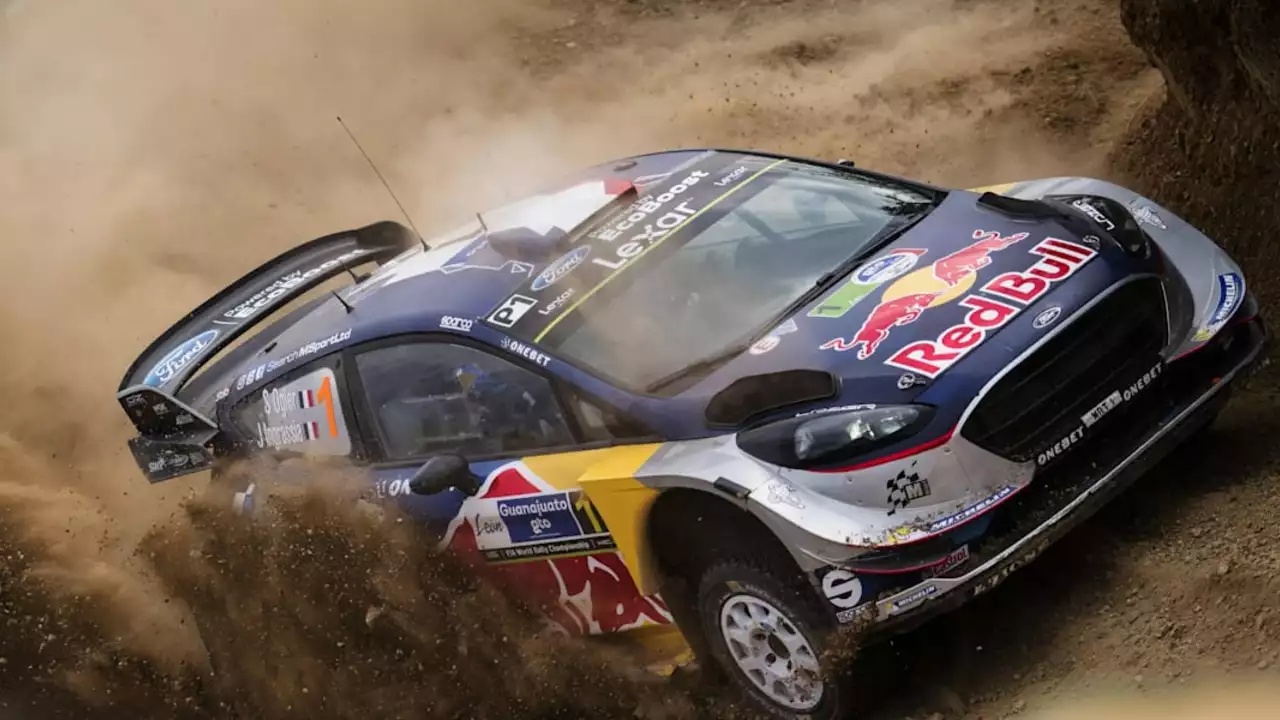Understanding the Basics of Car Racing
Before diving headfirst into the world of car racing, it's essential to understand the basics. Car racing is not just about getting behind the wheel and driving as fast as you can. It requires skill, precision, and a deep understanding of the mechanics of a vehicle. You need to familiarize yourself with the different types of car racing, such as Formula One, NASCAR, and Rally, to name a few. Each category has its own set of rules, regulations, and specific car types. Knowing these basics will give you a clearer idea of which racing type you would like to pursue.
Getting the Proper Education
Once you have a basic understanding of car racing, the next step is to get proper education and training. There are numerous driving schools that offer courses specifically designed for aspiring car racers. These courses will teach you the necessary techniques, such as proper steering, braking, and acceleration. They also cover safety measures, car mechanics, and how to handle different racing situations. Remember, knowledge is power, especially in a field as competitive as car racing.
Acquiring a Racing License
Driving on a racing track is not the same as driving on a regular road. To participate in sanctioned racing events, you need a racing license. The requirements for obtaining a racing license vary depending on the racing organization and the country. Generally, you will need to pass a physical examination and attend a certified racing school. The racing license proves that you have the necessary skills and knowledge to participate in a car race.
Investing in the Right Equipment
Car racing is a sport that requires specific equipment. This includes a race car, racing suit, helmet, gloves, and shoes. When choosing your equipment, prioritize safety and comfort. Remember, the quality of your gear can make a big difference in your performance on the track. Investing in the right equipment is investing in your safety and success in car racing.
Joining a Racing Team
Joining a racing team is a significant step towards a career in car racing. A racing team can provide you with the necessary resources, training, and support. Moreover, being part of a team allows you to learn from experienced racers and share your experiences with your teammates. This sense of camaraderie can help boost your confidence and improve your skills on the track.
Participating in Amateur Races
Before you can compete in professional races, you need to gain experience in amateur races. Participating in amateur races allows you to apply what you've learned and test your skills in a real racing environment. These races can also give you a sense of the competition and help you understand the dynamics of a car race. Remember, practice makes perfect.
Maintaining Physical and Mental Fitness
Car racing is not only physically demanding but also mentally challenging. Maintaining good physical fitness can help you withstand the physical strains of racing. Regular exercise, a balanced diet, and enough rest are crucial. On the other hand, mental fitness is equally important. Car racing requires focus, quick decision-making, and mental toughness. Activities such as meditation and mental exercises can help improve your concentration and mental endurance.
Networking in the Racing Community
Building connections in the racing community can open opportunities for your racing career. Attend racing events, join online racing forums, and connect with other racers. Networking can help you learn from the experiences of others and gain insights that you may not find in books or driving schools. Plus, having a strong network can increase your chances of getting sponsorships, which are crucial in advancing your racing career.
Constantly Learning and Improving
The world of car racing is constantly evolving. New techniques, technologies, and strategies are being introduced regularly. To stay competitive, you need to be open to learning and improving. Regularly review your performances, learn from your mistakes, and seek ways to improve. Remember, there’s always room for improvement, even for the most experienced racers.
